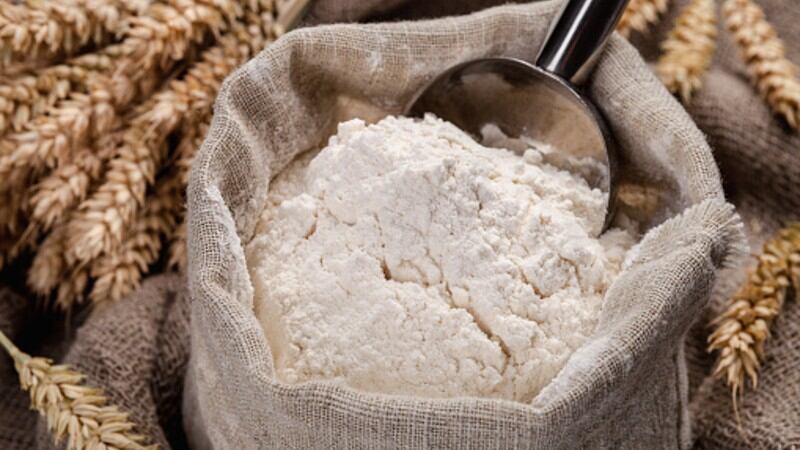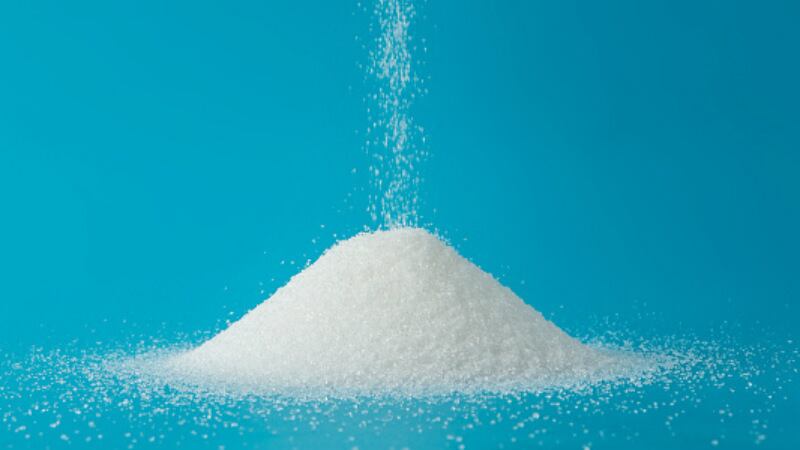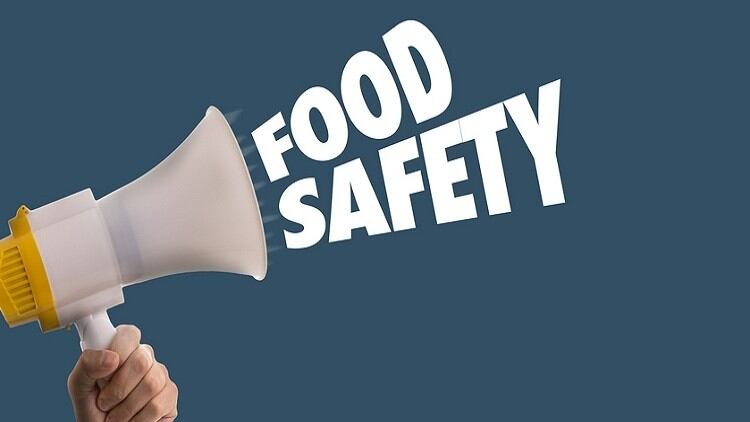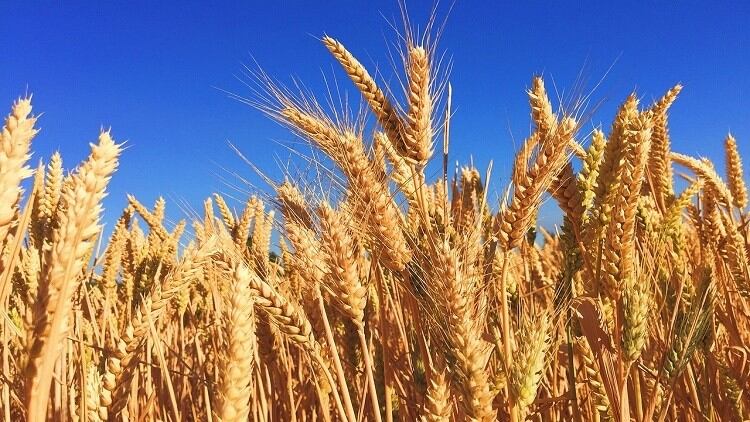The request was made by the Pakistan Flour Mills Association (PFMA) in the Khyber Pakhtunkhwa (KP) province to the federal and provincial governments. This covered exemptions/subsidies for income taxes, electricity-related taxes and other related taxes for items required to run the flour mills.
“Although there is a shortage of labourers and wheat due to the coronavirus pandemic, the KP flour mills industry has arranged extra labour to continue [producing] supply and to cope with the rising demand for flour in the province,” said PFMA KP Chairman Hajji Muhammad Iqbal in a media statement.
“[This is why despite] wheat shortages here, no flour-shortage related crisis has taken place.”
One of the barriers that the province has faced in obtaining wheat for processing into flour has been transport issues. According to Dawn, Sindh Food Department officials had stopped trucks carrying wheat bound for other provinces such as Punjab, with suspicions abound that Sindh was reluctant to release its wheat in order to meet its own procurement targets first despite inter-provincial agreements.
Sindh did not purchase grain for planting in 2019, a decision that has subsequently been linked to wheat flour shortages and price hikes.
Wheat, alongside sugar, has been one of the most hard-hit commodities in the country’s ongoing food crisis, with prices jumping to PKR70 (US$0.45) per kg from PKR60 (US$0.39).
Food smuggling and hoarding were significant culprits in this, and previous investigations had revealed the involvement of senior government officials in wheat hoarding, according to Pakistan Today.
Prime Minister Imran Khan pledged to take action, admitting ‘negligence’ on the government’s part.
“We are conducting an investigation into this [situation] and are slowly getting to know who is involved. I promise you, whoever is involved in the crisis, we will not leave that person [alone],” he said at a press event.
The News Pakistan revealed that The Competition Commission of Pakistan (CCP) had also raided PFMA premises earlier this year for suspicions of cartel activity and illegally profiting from the wheat sector.
Probability low
Despite the PFMA’s arguments, it is unlikely that this request will be granted, especially as the Pakistan’s previous requests to the International Monetary Fund (IMF) to reduce tax collection targets have been rejected.
In December last year, the IMF directed Pakistan to collect PKR5.238tn (US$34bn) in tax collections, which was already reduced by PKR265bn (US$1.8bn) from its initial PKR5.503tn (US$35.7bn) target.
Given that this reduced target was already seen to be a difficult one for the country, which requested a further reduction to PKR265bn (US$1.8bn) earlier this year but was rejected by the IMF, tax exemptions are quite possibly the last thing on the government’s mind right now.





